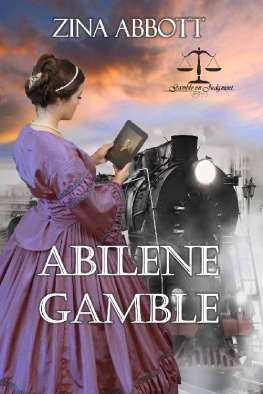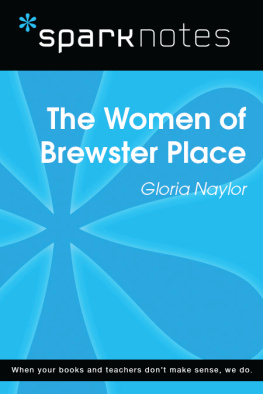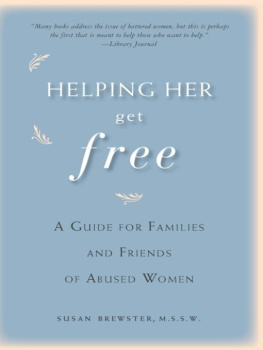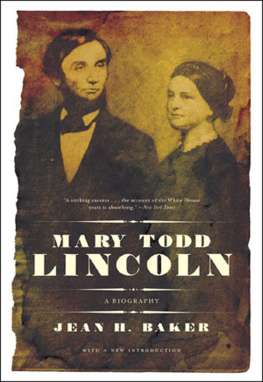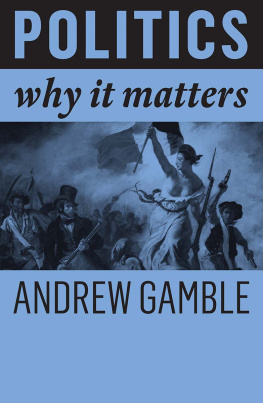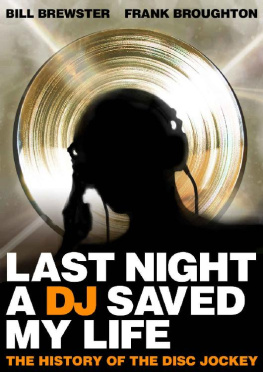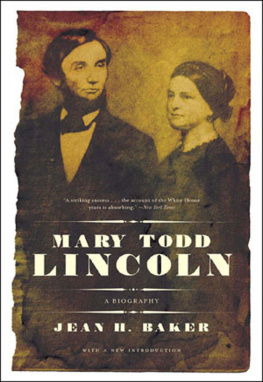Todd Brewster - Lincoln’s Gamble
Here you can read online Todd Brewster - Lincoln’s Gamble full text of the book (entire story) in english for free. Download pdf and epub, get meaning, cover and reviews about this ebook. publisher: Scribner, genre: Politics. Description of the work, (preface) as well as reviews are available. Best literature library LitArk.com created for fans of good reading and offers a wide selection of genres:
Romance novel
Science fiction
Adventure
Detective
Science
History
Home and family
Prose
Art
Politics
Computer
Non-fiction
Religion
Business
Children
Humor
Choose a favorite category and find really read worthwhile books. Enjoy immersion in the world of imagination, feel the emotions of the characters or learn something new for yourself, make an fascinating discovery.

- Book:Lincoln’s Gamble
- Author:
- Publisher:Scribner
- Genre:
- Rating:4 / 5
- Favourites:Add to favourites
- Your mark:
- 80
- 1
- 2
- 3
- 4
- 5
Lincoln’s Gamble: summary, description and annotation
We offer to read an annotation, description, summary or preface (depends on what the author of the book "Lincoln’s Gamble" wrote himself). If you haven't found the necessary information about the book — write in the comments, we will try to find it.
Lincoln’s Gamble — read online for free the complete book (whole text) full work
Below is the text of the book, divided by pages. System saving the place of the last page read, allows you to conveniently read the book "Lincoln’s Gamble" online for free, without having to search again every time where you left off. Put a bookmark, and you can go to the page where you finished reading at any time.
Font size:
Interval:
Bookmark:
T HE HISTORIAN FRED SIEGEL long ago cautioned me about the regrettable trend toward plumb-line historiesthreads dropped into the well of the past and adjusted so that they attach only to those pieces of evidence that prove the writers point while ignoring everything else. Trusting that insight, I have attempted here to give a picture that embraces contradiction and defies the facile understanding. I hope I have succeeded. I am indebted to Fred as well for his reading of parts of the original manuscript and to the historians Brandon Gauthier and Brigadier General (Ret.) Lance Betros for their careful reading of all or part of this book in its early stages. I am deeply indebted to my brother, Christopher Brewster, who read the manuscript and gave detailed and valuable advice, and my wife, Sylvia Steinert, who did the same. Charles Pieterse, Kayce Freed Jennings, Tom Yellin, Albert Brok, and Commander (Ret.) Scott Granger all offered their suggestions upon reading the proposal or listening to me wrestle with the idea. I am indebted to University of Texas law professor Sanford Levinson, author Walter Stahr, and Princeton professor James McPherson, who answered my queries promptly and even shared their work. The Yale law professor and friend Akhil Amar, with whom I lectured on the the perfect president, helped crystallize my thinking on Lincoln as combining the two parallel lines of presidential leadershipwarrior and lawyerinto one executive. Tony Thomas offered insight into the folk music of the period. Paul Mercer, senior librarian for Manuscripts and Special Collections at the New York State Library, provided assistance. My editor, Colin Harrison, was a blessing. From the start, we saw the book the same waypart narrative history, part literary essayand he worked tirelessly to help me find the balance. I believe his edits, especially where he urged me to remember the ticking clock during these six months of Lincolns life, improved the book immensely. My trusted lemon beagle, Bagel, offered the kind of unconditional love that a writer needs as he ventures off into the loneliness of an all-consuming text. I sometimes deluded myself into thinking that her satisfied sighs were in reaction to my muttering prose lines out loud. On those occasions, I would pat her and say, Good dog (and I really, really meant it). George Greenfield brought me the kernel of an idea on the Emancipation Proclamation a few years back. He had a different book in mind, I know, one that someone may someday write, but having represented many writers diligently and faithfully, he understood how ideas change and assume new shapes, often satisfyingly so. I hope he feels that about the shape of this one. I am grateful for the assistance of the Ridgefield (CT) Public Library and the Abraham Lincoln Presidential Library and Museum in Springfield, Illinois. Finally, there are no words to convey my gratitude for the support and love of my wife, Sylvia, and my children, Jack and Ben, who endured my distraction with this work on the assumption that it would be a temporary departure and did not complain when, like so many books to so many authors, it proved to distract longer than anticipated. To them I can say that I have returned now, at least until the next subject pulls me away. I promise not to let that happen too soon.
Todd Brewster
Ridgefield, Connecticut
ALSO BY TODD BREWSTER
The Century
The Century for Young People
In Search of America
T HE THREE VERSIONS of the Emancipation Proclamation are gathered here, beginning with the draft that Lincoln read to his cabinet on July 22, 1862. The original of this document, which is in the archives of the Library of Congress among the Robert Todd Lincoln Family Papers, is reproduced along with a transcript of that draft. The September 22, 1862, version, or the Preliminary Emancipation Proclamation, follows, and it too is reproduced in its original hand-written form and again in its first printed form. The document is in the possession of the New York State Library in Albany, having arrived there through an interesting path. In 1864, it was auctioned off at a fund-raiser for the Albany Army Relief Association, one of many groups organized under the United States Sanitary Commission and dedicated to bringing badly needed suppliesincluding clothing and food as well as medical necessitiesto the soldiers fighting the war. Five thousand one-dollar tickets were to be sold. Though he was on the committee overseeing the sale, abolitionist Gerrit Smith bought one thousand for himself and, to no ones surprise, won. I have never been proud of owning houses and lands, he later wrote, but I confess that I am somewhat elated by being the owner of this glorious Proclamation of Freedom, in the very form in which it came from our Presidents strong and honest hand. Still, Smith announced his intentions to offer the document up for resale with the intention that the next round of proceeds also go to the relief of the soldiers, this time directly to the U.S. Sanitary Commission. In April 1865, as Lincolns funeral train made its way through Albany, the New York State Legislature voted to purchase the Preliminary Proclamation for $1,000 and keep it in Albany where it has resided until this day. The original draft of the final Emancipation Proclamation, which is also reproduced here, met a darker fate. Like the Preliminary Proclamation, it was provided to a Sanitary Fairin this instance, the Northwestern Soldiers Fair in Chicagoonly it was Lincoln himself who made the donation. He wrote that he had some desire to retain the paper; but if it shall contribute to the relief or comfort of the soldiers that will be better. Offered for auction a few months before the Albany event, it went for less money than the preliminary document, three thousand dollars. Photocopies were made, and that is what is reproduced here along with a transcript of the final proclamation, but the original of Lincolns draft perished in the Chicago fire of 1871.
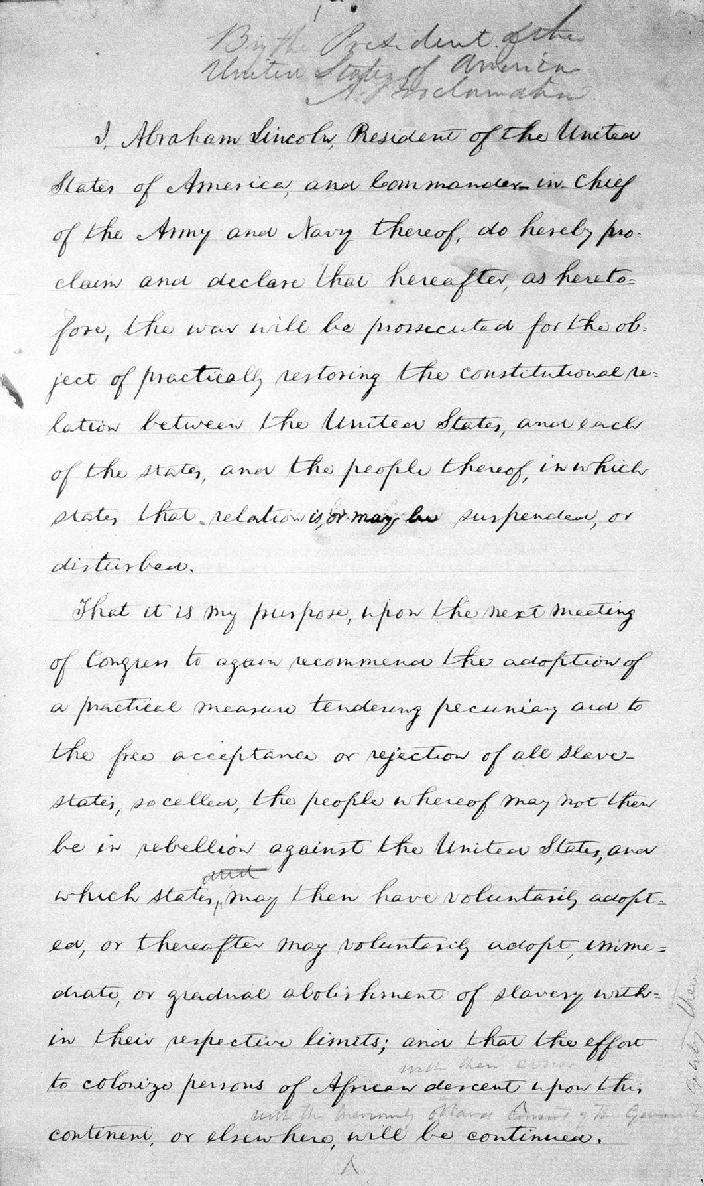
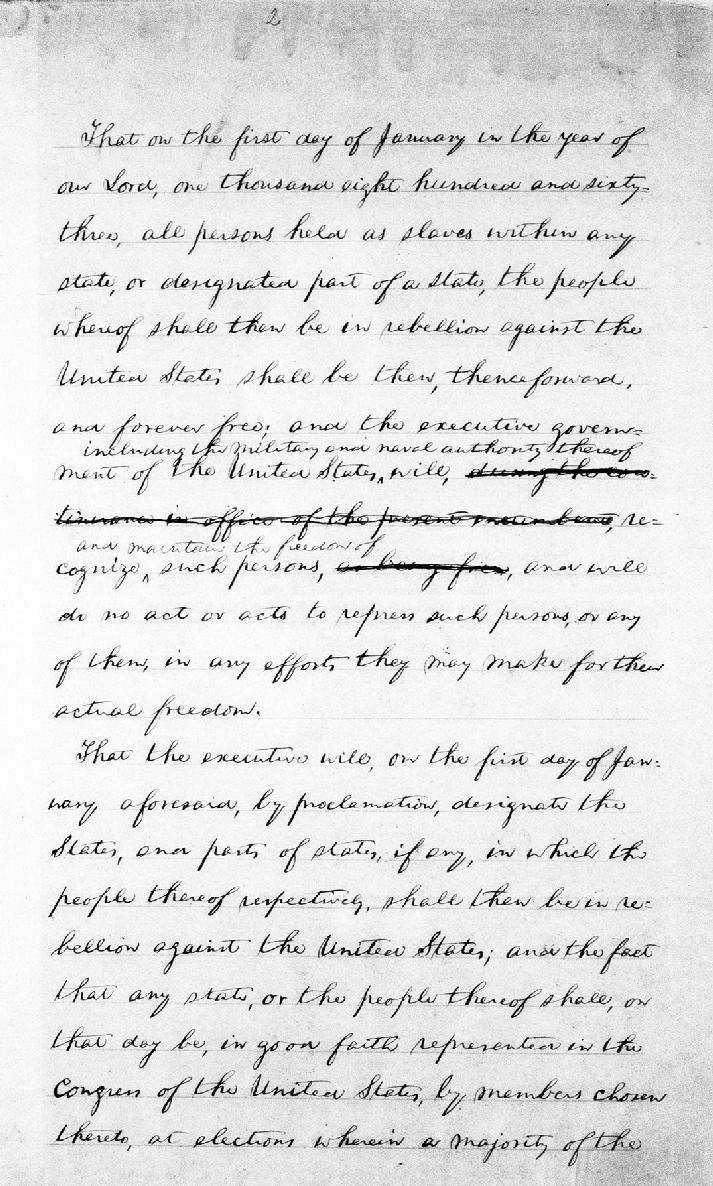
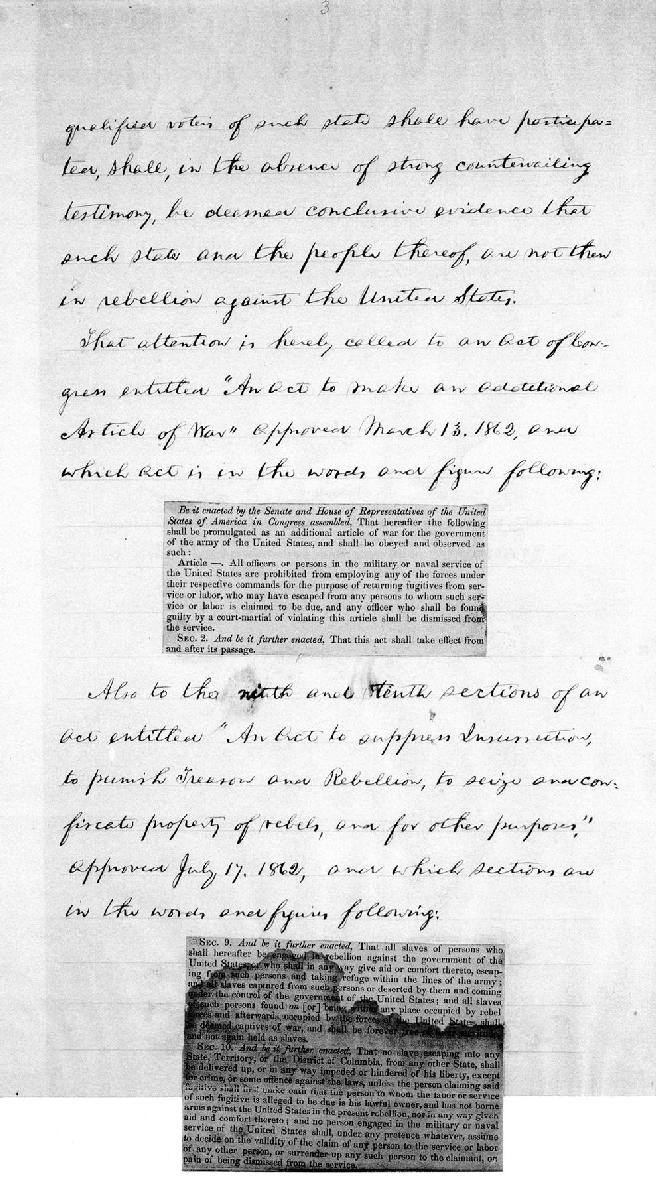
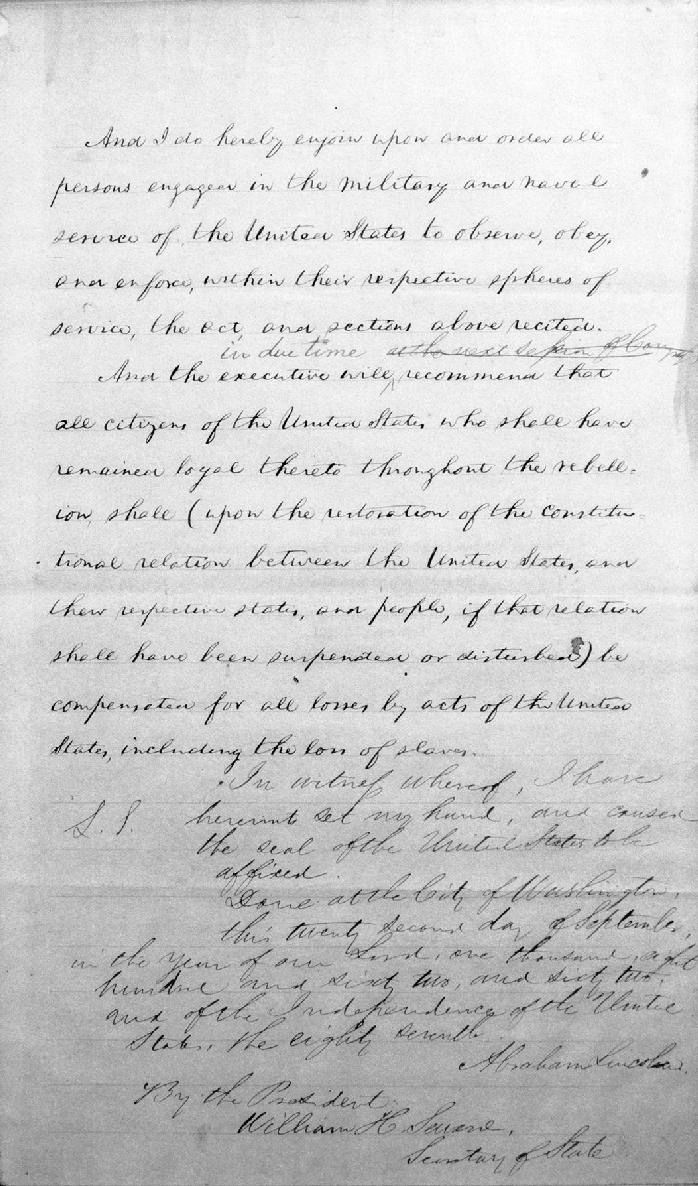
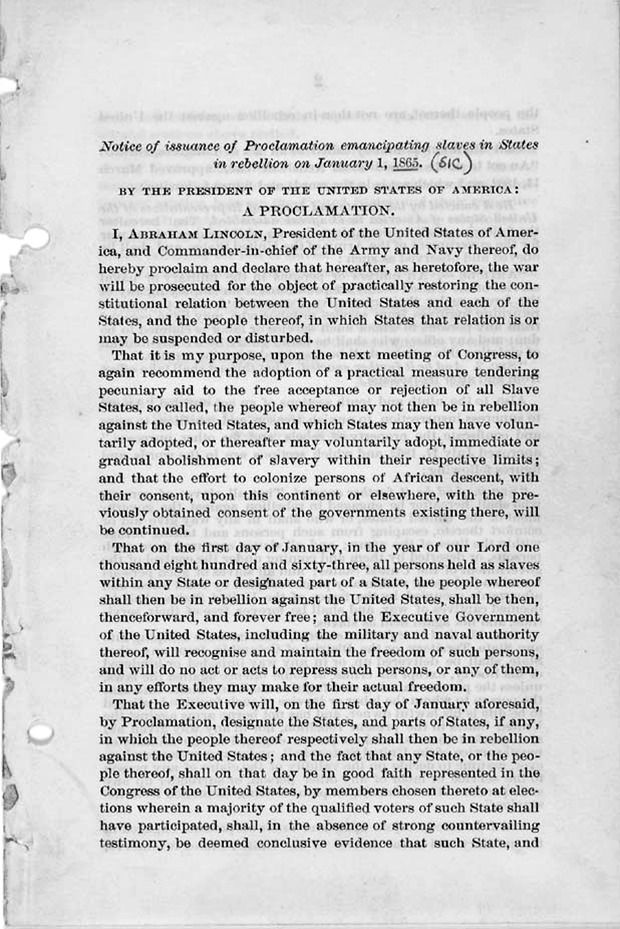
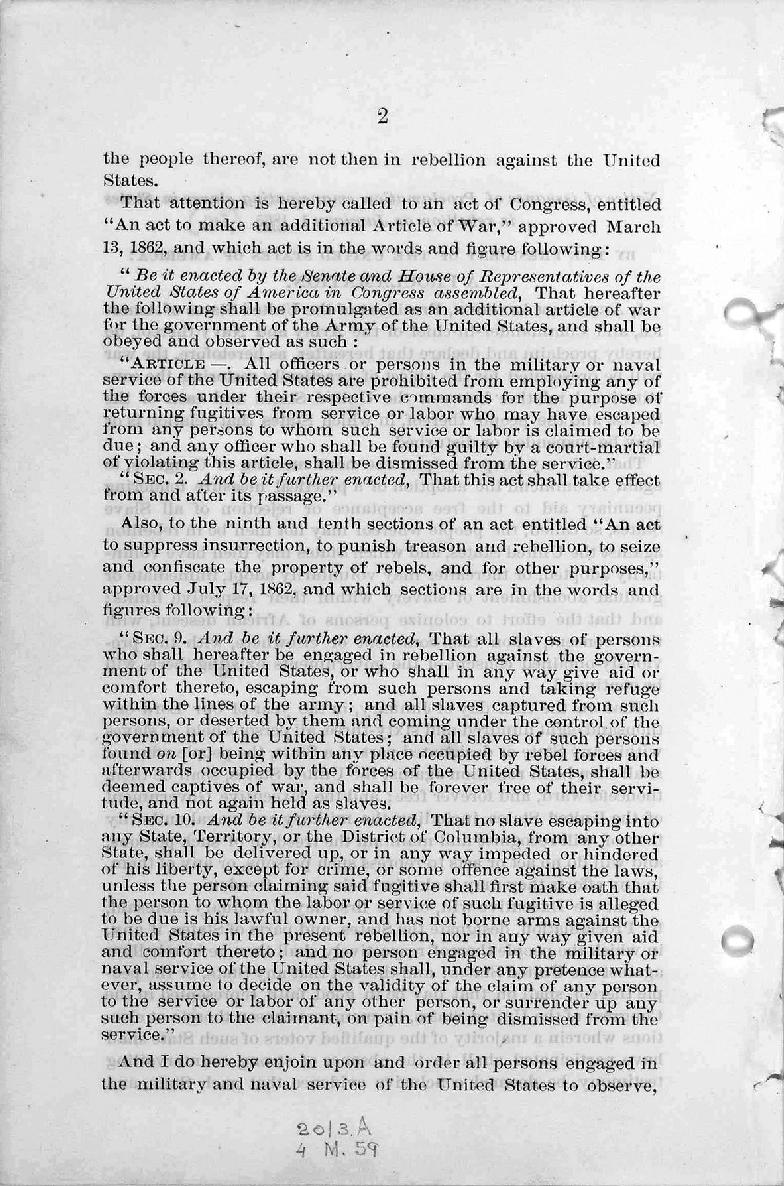
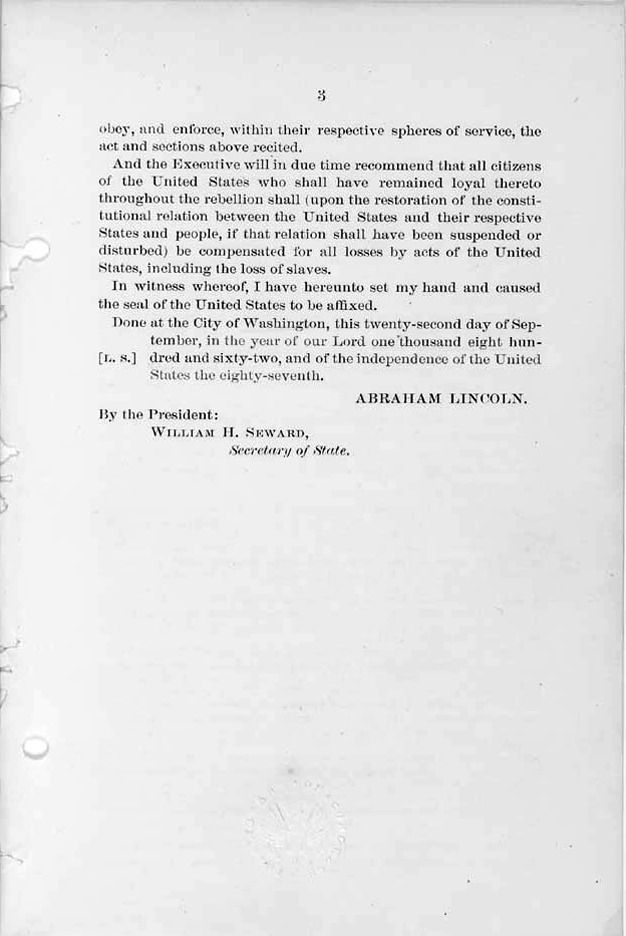
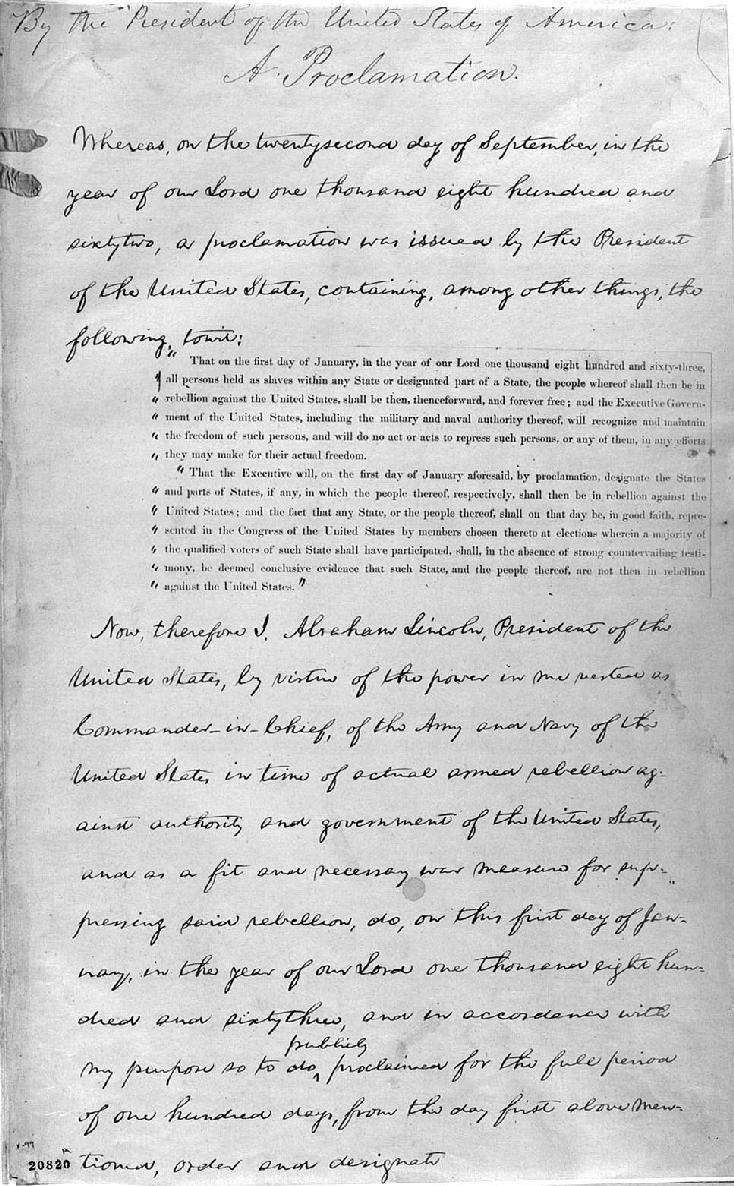
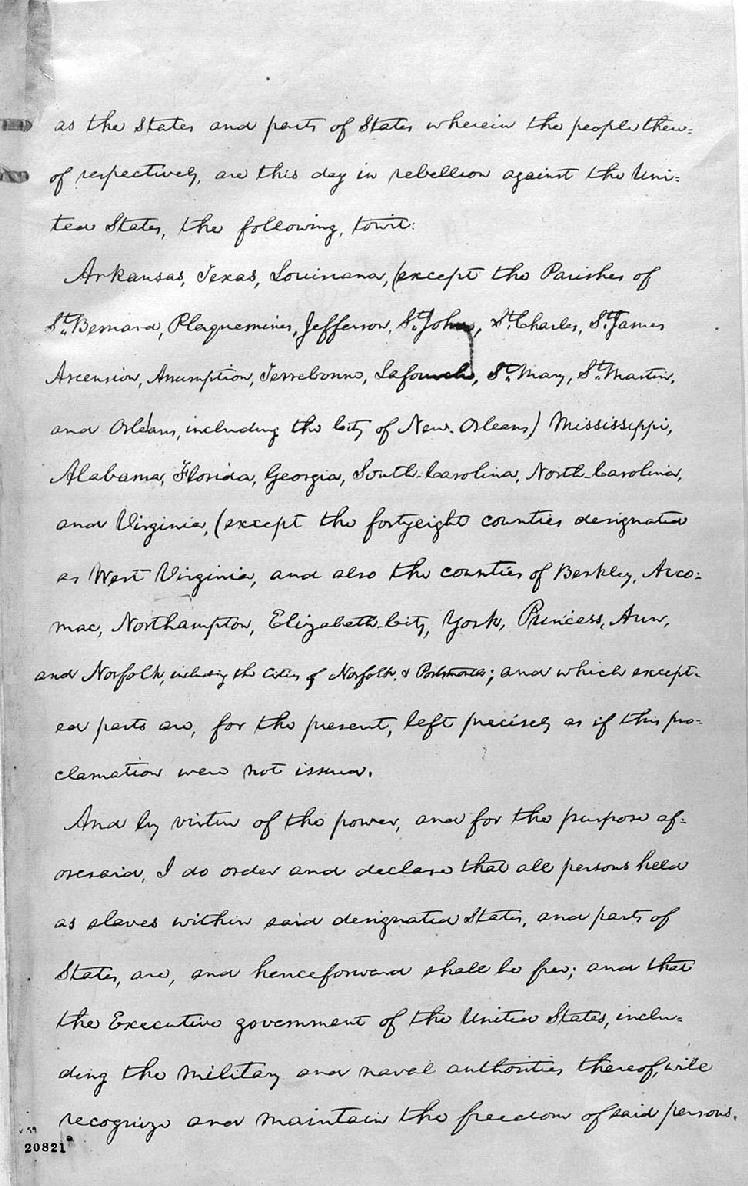
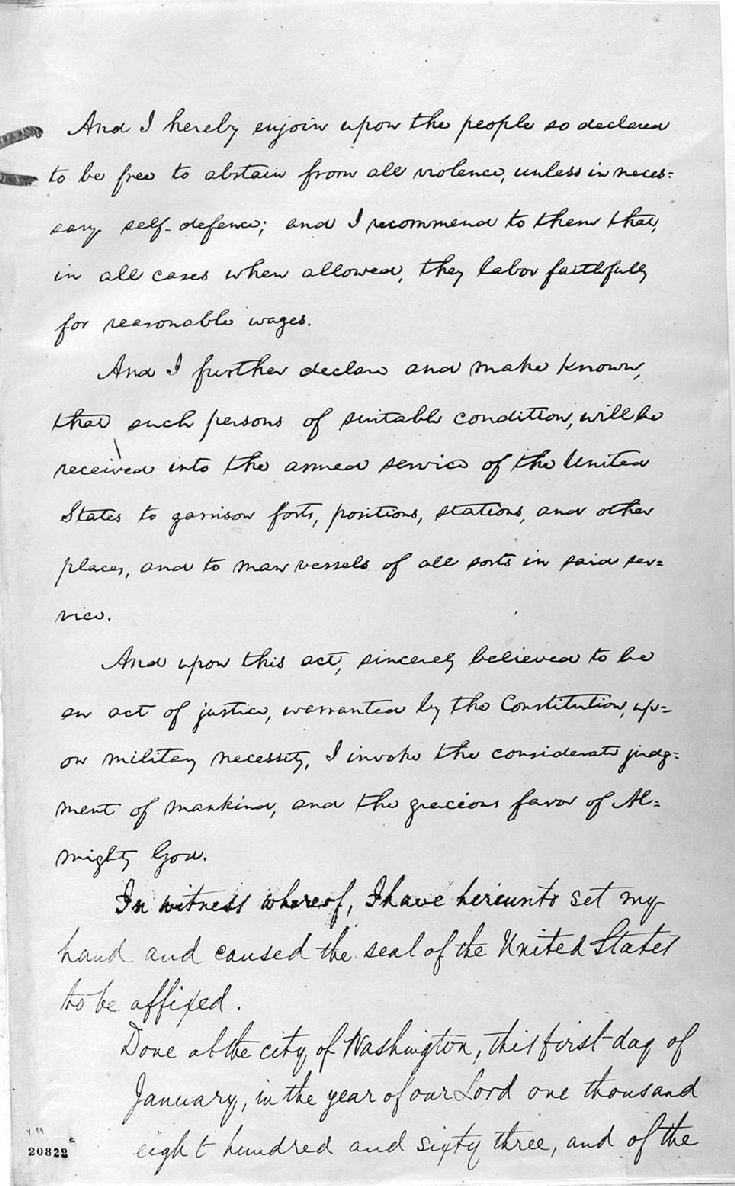
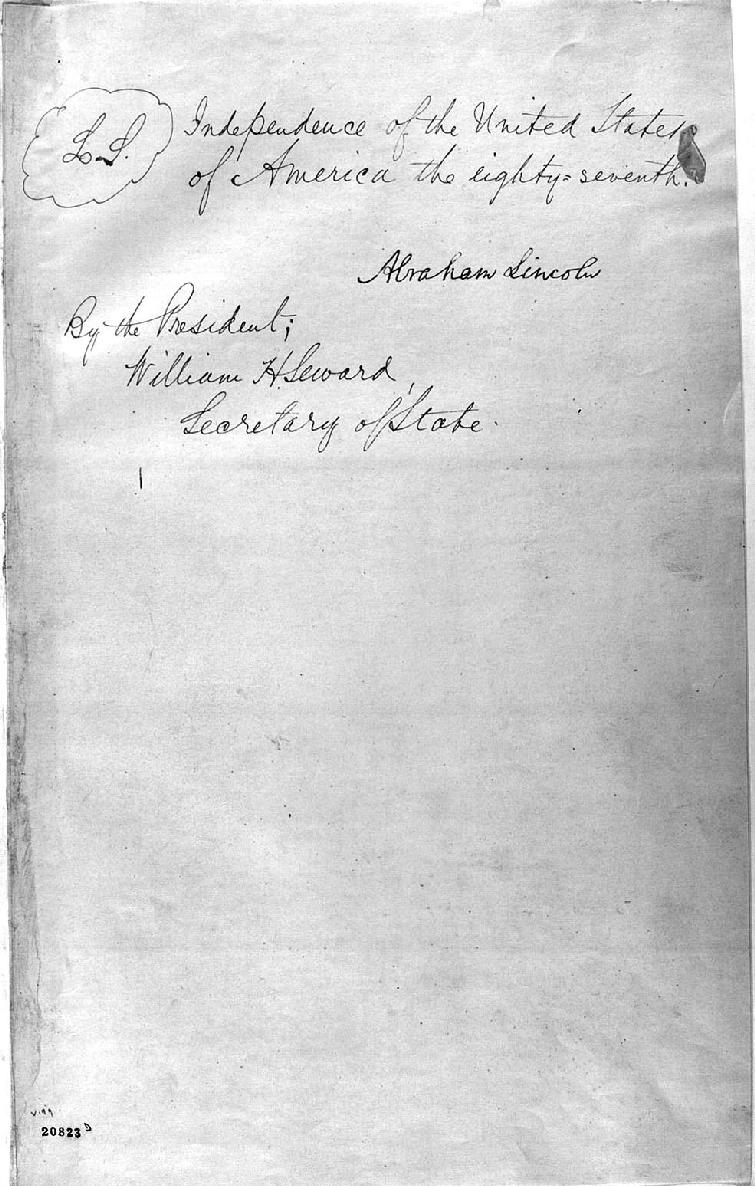
By the President of the United States of America:
A Proclamation.
W hereas, on the twenty-second day of September, in the year of our Lord one thousand eight hundred and sixty-two, a proclamation was issued by the President of the United States, containing, among other things, the following, to wit:
Font size:
Interval:
Bookmark:
Similar books «Lincoln’s Gamble»
Look at similar books to Lincoln’s Gamble. We have selected literature similar in name and meaning in the hope of providing readers with more options to find new, interesting, not yet read works.
Discussion, reviews of the book Lincoln’s Gamble and just readers' own opinions. Leave your comments, write what you think about the work, its meaning or the main characters. Specify what exactly you liked and what you didn't like, and why you think so.

